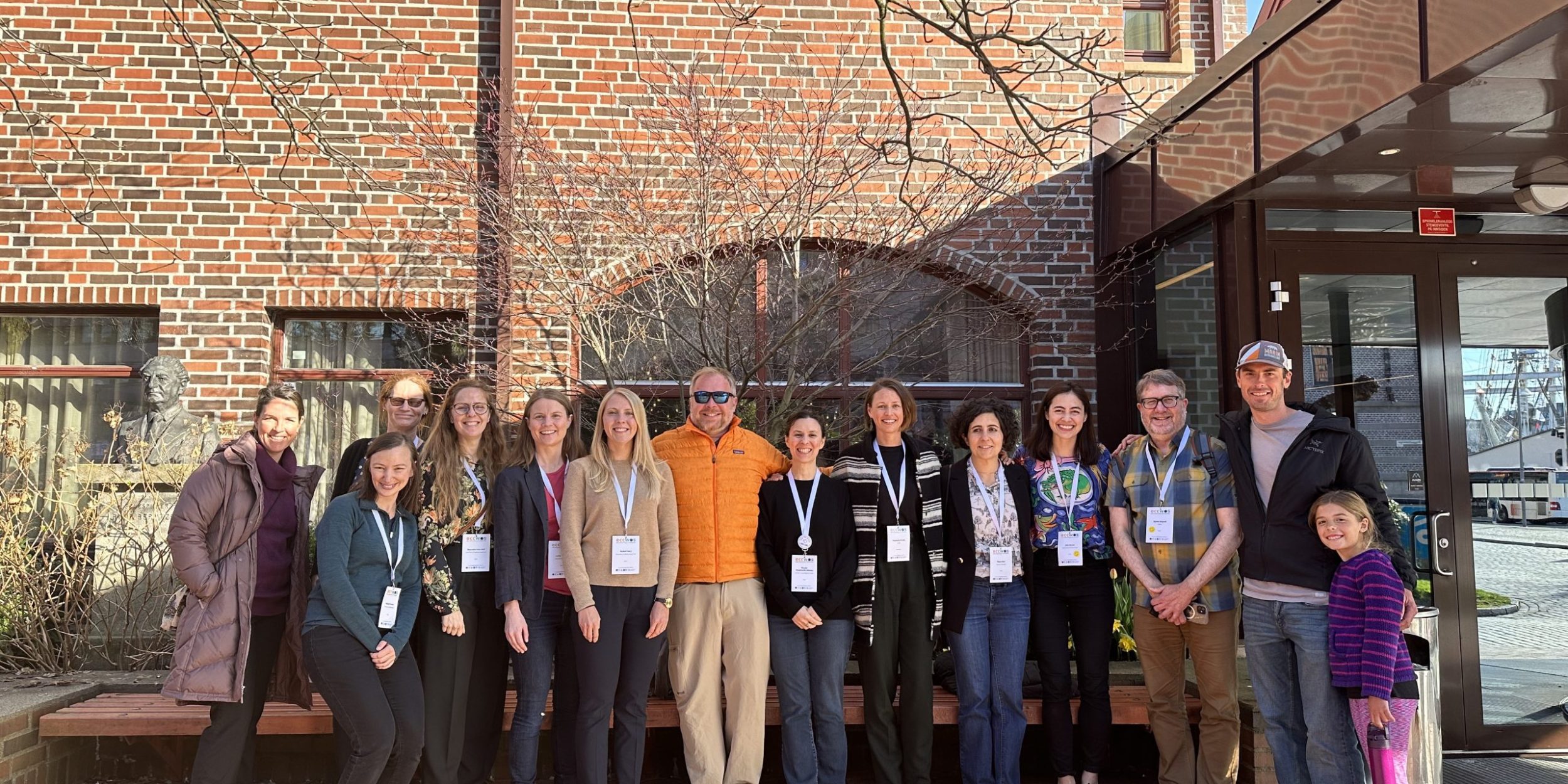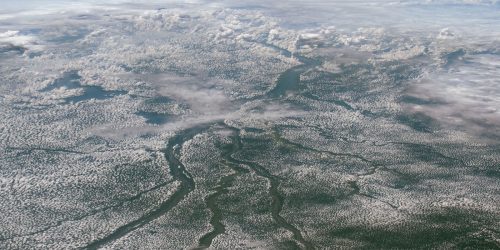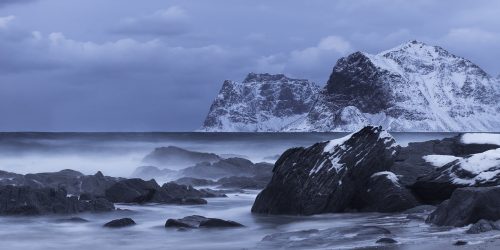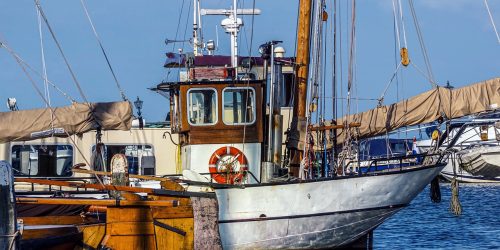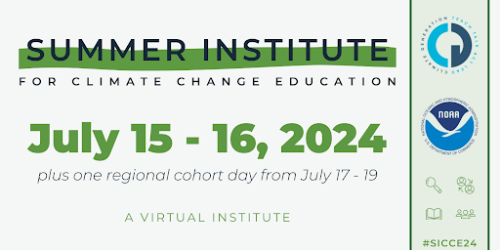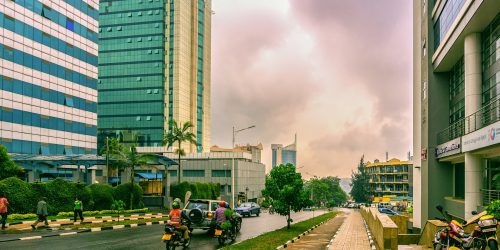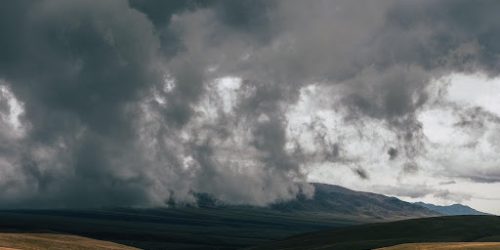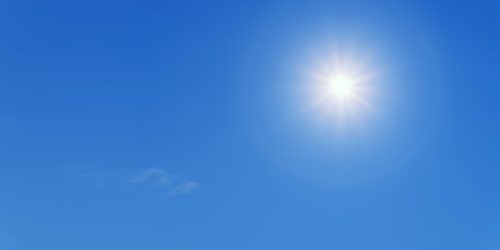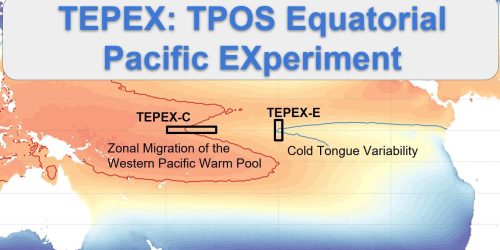In April, natural and social scientists descended on Bergen, Norway’s historic fishing wharf and its colorful buildings for the 5th International Symposium on the Effects of Climate Change on the World’s Ocean (ECCWO5). Among the 500 in-person conference participants, many were part of multidisciplinary project teams conducting research funded by the Climate and Fisheries Adaptation Program (CAFA).
In 2020, CAFA funded five research and modeling projects to test the ability to integrate climate, ecological, and socio-economic information and evaluate the performance of fisheries management strategies under different climate and ocean scenarios. All five projects funded in 2020 were featured at ECCWO5, bringing together scientists from the Northeast, California Current, Gulf of Alaska, and Bering Sea regions to share their success stories, challenges, and lessons learned in the pursuit of the common goal of climate-ready fisheries. Throughout the week CAFA scientists shared their research via 23 oral and poster presentations, a workshop on global comparable marine ecosystem models, and sessions convened on using Management Strategy Evaluation (MSE) to improve fisheries management under changing ocean conditions and how to equitably manage challenges in socio-ecological systems due to climate-related changes in ecosystems.


Barbara Muhling from the Tommasi project team gave a plenary talk on insights, challenges, and future directions of species distribution modeling for pelagic fishes in the California Current.
The Kerr project team from New England brought their expertise across the Atlantic to share case studies on climate-integrated stock assessments on groundfish species, using the Woods Hole Assessment Model (WHAM) as an evaluation tool for such studies, and the consequences of not integrating climate impacts into stock assessments.
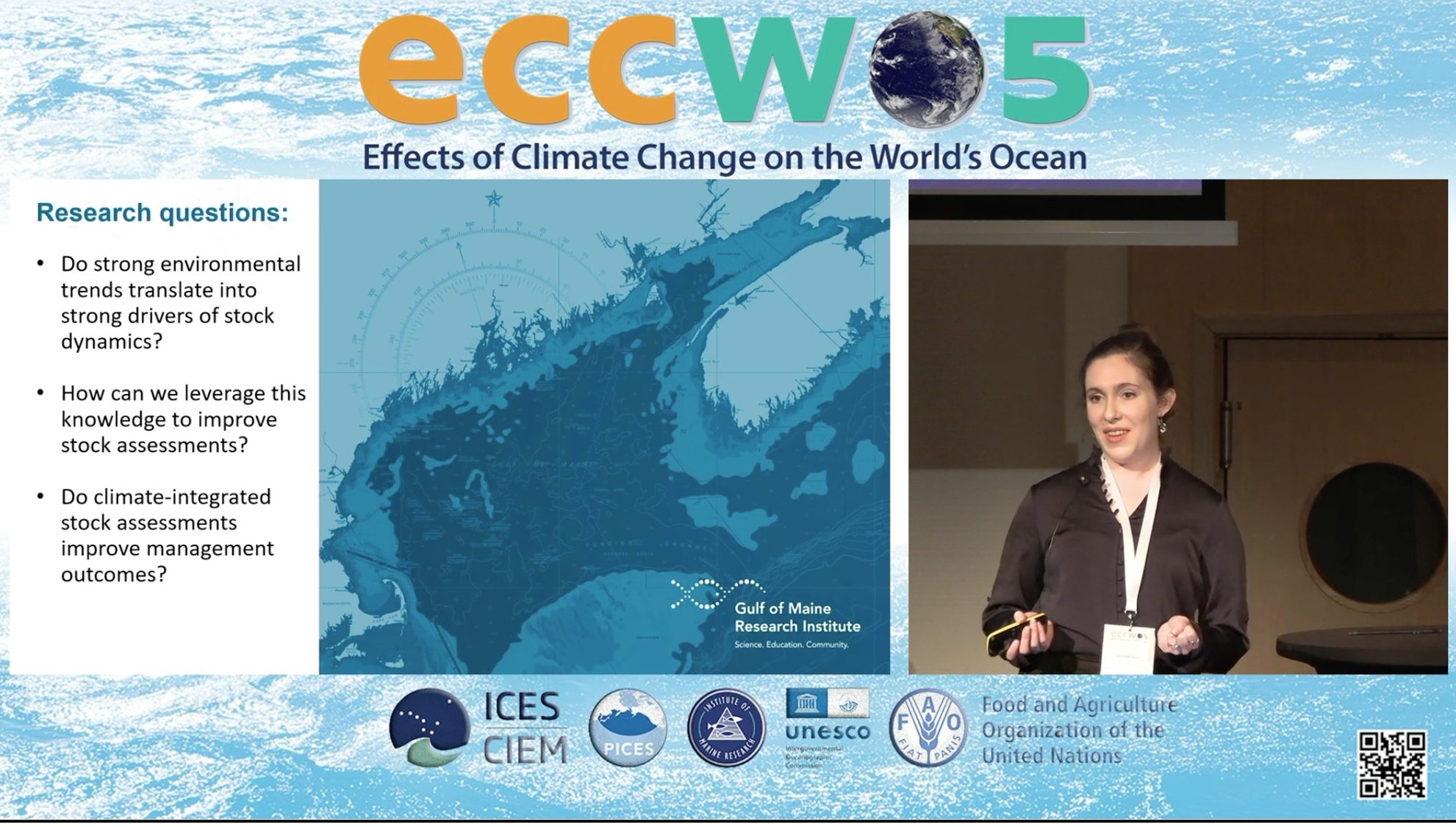

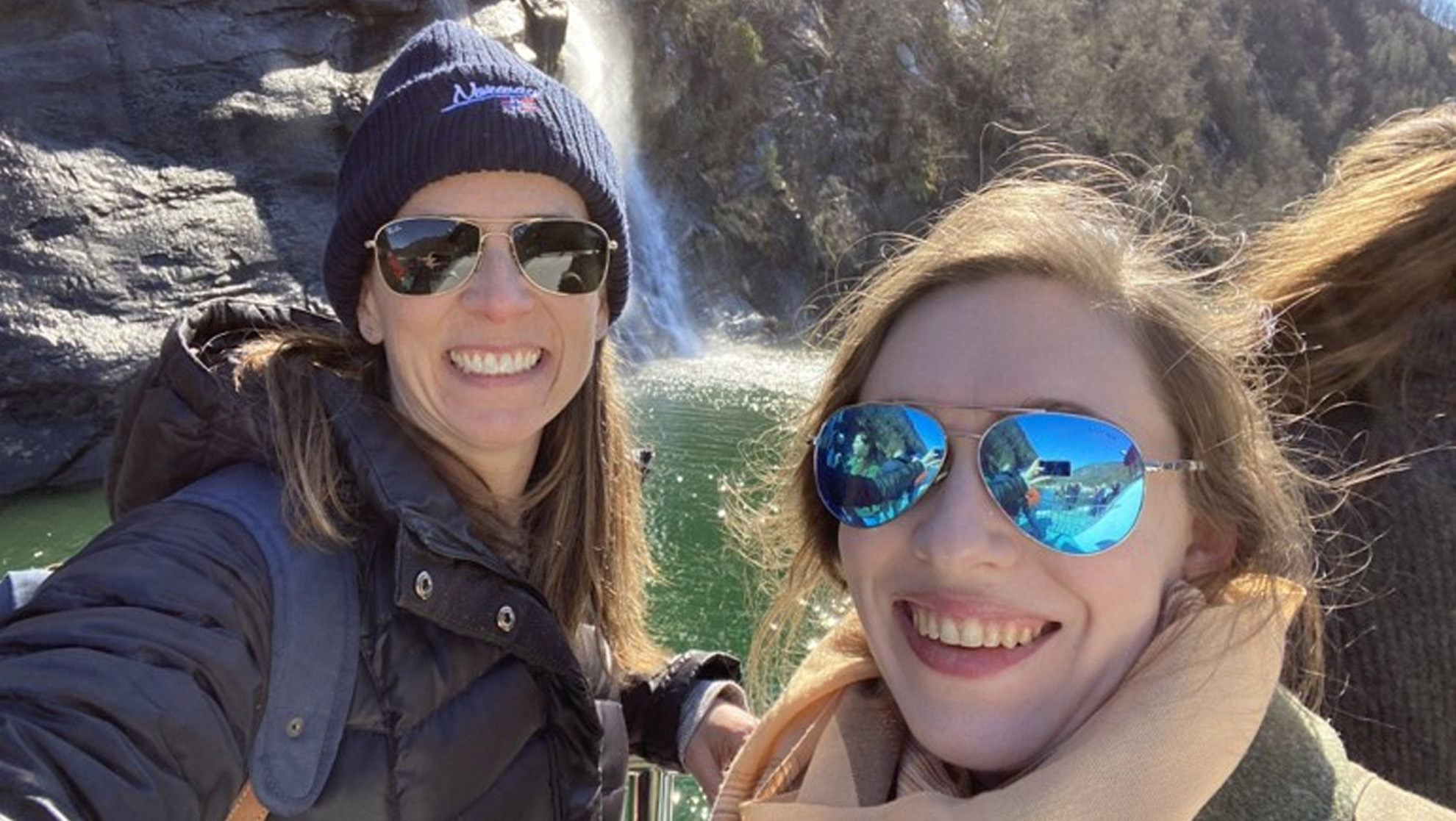

Lisa Kerr and postdoctoral scholar Amanda Hart presenting on their research on groundfish in New England. The two also got a chance to explore some of Norway’s waterfalls.
While the conference occurred on the shores of the Atlantic, research from the Pacific Ocean was well-represented by the Ruzicka/Ciannelli and Tommasi project teams who shared their physiology-linked end-to-end models in the Northeastern Pacific and the multi-model approach being used in the California Current region to understand how climate change impacts forage fish assemblages and the communities that utilize the fishery.


The Alaska Climate Integrated Modeling (ACLIM) team presented on the challenges and successes in the design and delivery of climate informed advice. A comparison of hybrid dynamical-statistical models for climate downscaling between the Gulf of Alaska and Bering Sea provided a cross-cutting look at two CAFA projects focused on the different ecosystems of the Alaska region.
The ECCWO5 Symposium was an invaluable opportunity for CAFA project teams to share information and knowledge and explore new collaborations with scientists from 70 countries.


